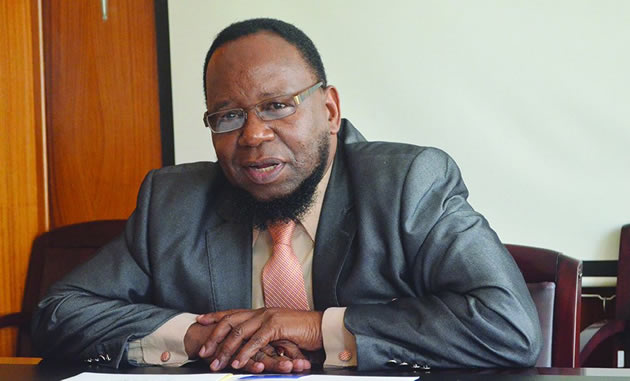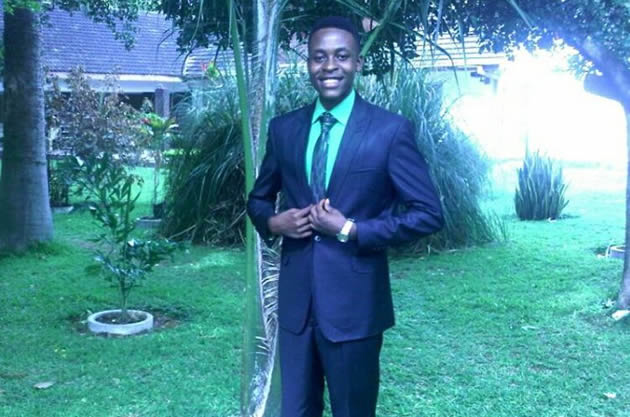City gets tough on new private schools

Innocent Ruwende Municipal Reporter
Harare City Council has stopped parcelling out land for new private schools because they are too expensive for the majority of residents. The city will now prioritise more affordable Government and council schools.
Council changed its policy of going to tender for the development of schools because the highest bidders were always those with funds to develop private schools.
In the end it was noted most of the land reserved for schools was being taken up by private developers whose schools were for a selected section of city residents.
Under the new policy, Harare City Council will now deliberately dispose of land reserved for schools to Government and council, whose schools are far less expensive compared to those of private firms.
Most private primary schools in Harare charge between $600 and $800 per term for day scholars, in addition to school uniforms which are mostly purchased from the school at inflated prices.
For full boarding, such schools charge anything between $1 500 and $3 500 per term.
Private secondary schools are more expensive for day scholars and can go up to $3 700 per term and up to $6 000 per term with full boarding.
Harare International School, which mainly serves the expatriate community, charges up to $27 000 per year in school fees.
This is in sharp contrast to Government and council schools which charge around $150 per term for primary schools and $500 for secondary schools. Harare City Council’s finance and development committee chairperson councillor Tranos Moyo said yesterday city authorities were concerned with the number of private schools in the city whose fees most residents could not afford.
“We want to prioritise Government and council schools which charge reasonable fees that most residents can afford,” he said.
“We are seized with so many applications from individuals and companies intending to construct private schools, but we want to change our thrust,” he said.
“We need more Government and council schools. We are supposed to keep a balance between private schools and council and Government schools even if we do not have resources.”
Clr Moyo said if council continued to parcel out school stands to private schools, that would prejudice residents.
According to recent council minutes, the finance and development committee discussed the lease of service industrial, commercial, church and crèche sites through tender.
“During the discussion, the committee was of the opinion that school sites had to be developed by council and Government, hence should not be disposed through tender,” read the minutes.
“The acting town clerk (Mrs Josephine Ncube) also advised the committee of consultations that were under way to come up with a policy on development of schools in Harare. She advised that a report would be submitted to the relevant committees of council once a policy on the matter has been put in place.”
Council resolved that for that reason, school sites detailed in the finance directors report be not disposed of through tender.
The committee also resolved that church stands, service industrial, commercial and crèche stands be advertised inviting offers to lease them at certain guiding monthly rentals.
Association of Trust (Private) Schools representative, Mr Tim Middleton, said in an interview that the decision would not affect them since the existing private schools were not looking for land in Harare.
“The independent schools are not looking for land in Harare, so that is not a big issue,” he said.
Private schools have clashed with Government in the past over a number of issues, with Primary and Secondary Education Minister Dr Lazarus Dokora threatening to withdraw operating licences for some of them last year for failure to include indigenous languages in their curricula.
Minister Dokora argued the teaching of indigenous languages, especially at primary level, was a constitutional requirement.
Government intends to construct 2 000 primary and secondary schools to ease pressure on the existing institutions.
Minister Dokora said there would be partnerships comprising two models, the build-own-transfer model and a model where infrastructure development companies would construct schools and hand over to the ministry for use.
He said his Ministry had a deficit of 2 056 schools, 1 252 of them primary and 804 secondary schools.











Comments